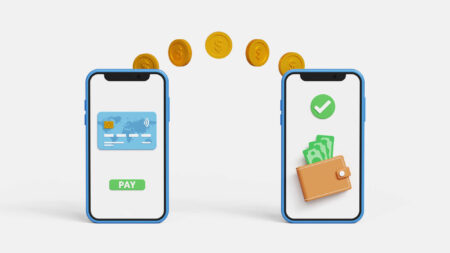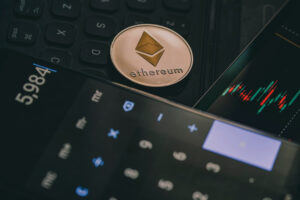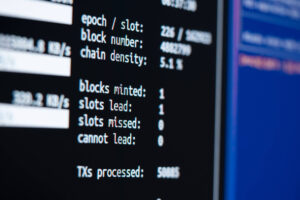The ERC-20 token (Ethereum Request for Comment) is a standard program code that is often used to create tokens within the Ethereum blockchain as part of a smart contract. It is also frequently used for ICOs.
The ERC20 is a standard for creating tokens on the Ethereum blockchain. Before ERC20 tokens, cryptocurrency exchanges had to build their own bridges between platforms to support the exchange of any tokens. For this reason, six rules were created by one of Ethereum's developers Fabian Vogelsteller and placed under the name ERC20, which means "Ethereum request for comment." The tokens can then be used in all wallets as long as they are compatible with Ethereum. One only needs Ethereum tokens (ETH) to pay the transaction fees for sending the tokens.
Interoperability between smart contracts
For a token to be compatible with ERC20, at least the functions and behaviors specified by ERC20 must be implemented. Additional functionality can be added by implementing features that are not part of the standard. The main purpose of the guidelines behind the ERC20 standard is to promote interoperability between smart contracts. As a result, all infrastructure components such as user interfaces, exchanges, and wallets can be connected to a contract in a predictable way.
Interoperability itself is achieved by the ERC20 standard establishing an application programming interface (API). This allows third parties to access information and perform transactions, and third-party applications can be coded for each ERC20 in a generic way without needing to be familiar with a specific token.









